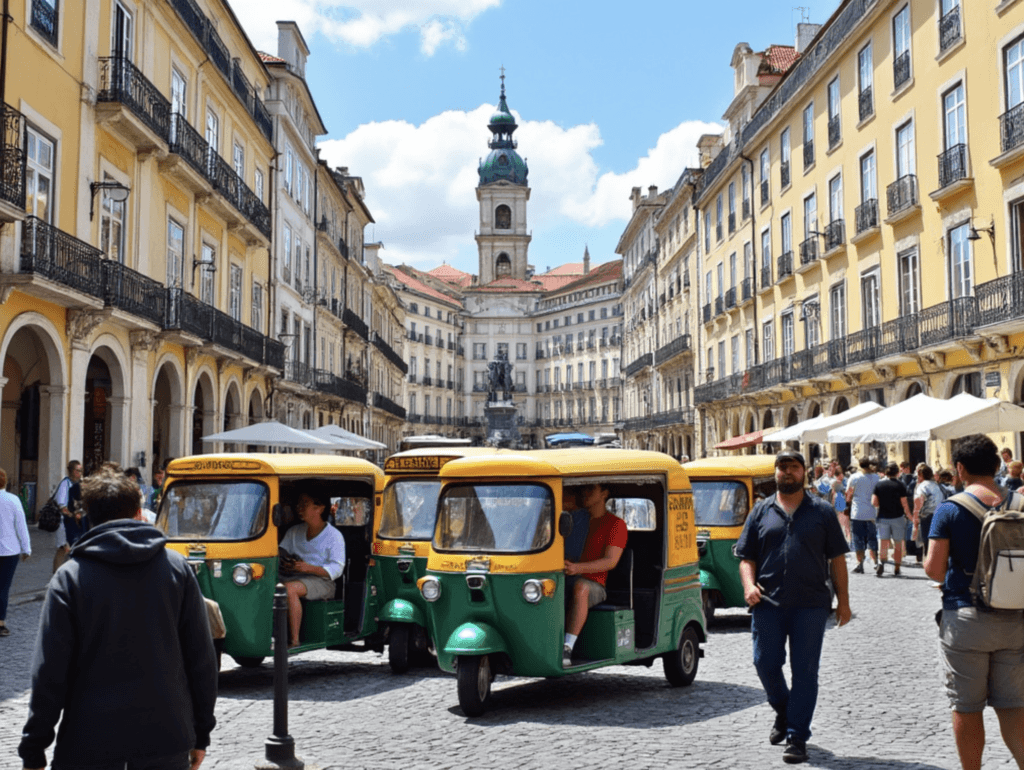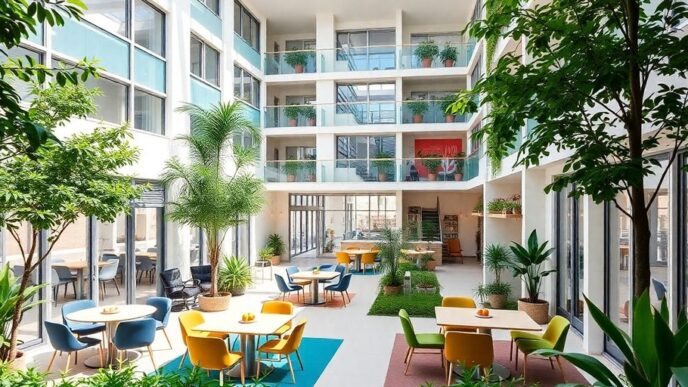As Lisbon continues to attract tourists from around the globe, the city is facing the growing challenge of overtourism, a phenomenon that puts significant pressure on local infrastructure, housing, and the environment. In a recent piece by EuroNews, the measures taken by Lisbon to handle this issue are highlighted, showcasing a mix of strategies aimed at balancing tourism growth with the quality of life for residents.
The Problem of Overtourism in Lisbon
Lisbon, much like other popular European cities, has seen a dramatic increase in the number of tourists over the past decade. This surge has led to overcrowding in historic neighborhoods, rising real estate prices, and a strain on public services. The local government has recognized these issues and is implementing policies to manage the impact of tourism while ensuring the city remains a vibrant place for both visitors and locals.

Strategies to Manage Tourism
One of the key strategies mentioned in the EuroNews article involves regulating short-term rentals, such as those offered through platforms like Airbnb. By limiting the number of licenses issued for these rentals, Lisbon aims to protect the housing market and ensure that local residents are not priced out of their neighborhoods.
Additionally, the city is promoting sustainable tourism practices. This includes encouraging visitors to explore lesser-known areas of the city and surrounding regions, thereby reducing the concentration of tourists in the most popular spots like Alfama and Baixa. The development of alternative tourist routes and the promotion of off-peak travel are also part of this effort.
The Role of Technology and Innovation
The article also highlights Lisbon’s use of technology to monitor and manage the flow of tourists. Smart city initiatives, such as real-time data collection and analysis, allow the city to predict and respond to overcrowding in key areas. This proactive approach helps in managing crowds and reducing the negative impact of tourism on daily life in the city.
Challenges and Future Outlook
Despite these efforts, the challenge of overtourism remains significant. The balance between welcoming tourists and maintaining the quality of life for residents is delicate, and ongoing adjustments to policies and strategies will be necessary as tourism patterns evolve.
As Lisbon continues to navigate these challenges, the city’s approach may serve as a model for other destinations facing similar issues. The combination of regulatory measures, sustainable tourism promotion, and the use of technology represents a comprehensive strategy to ensure that Lisbon remains a top destination without compromising its cultural and social fabric.













